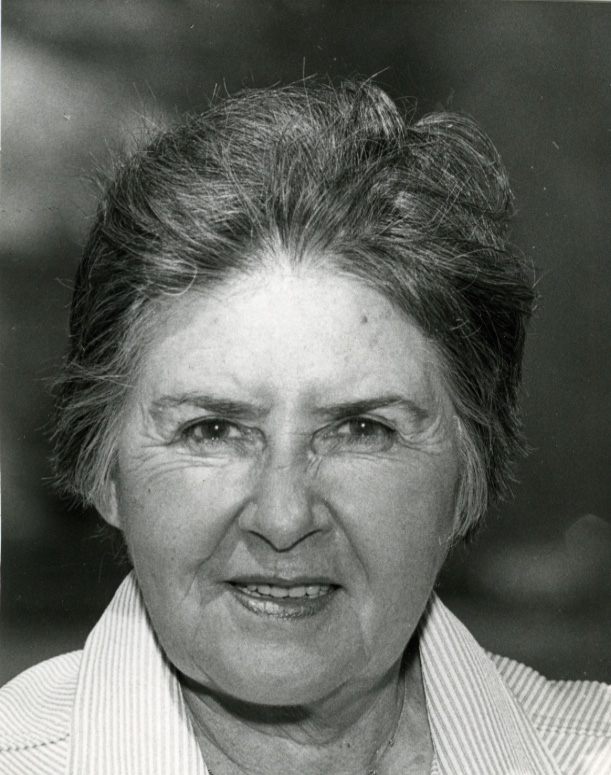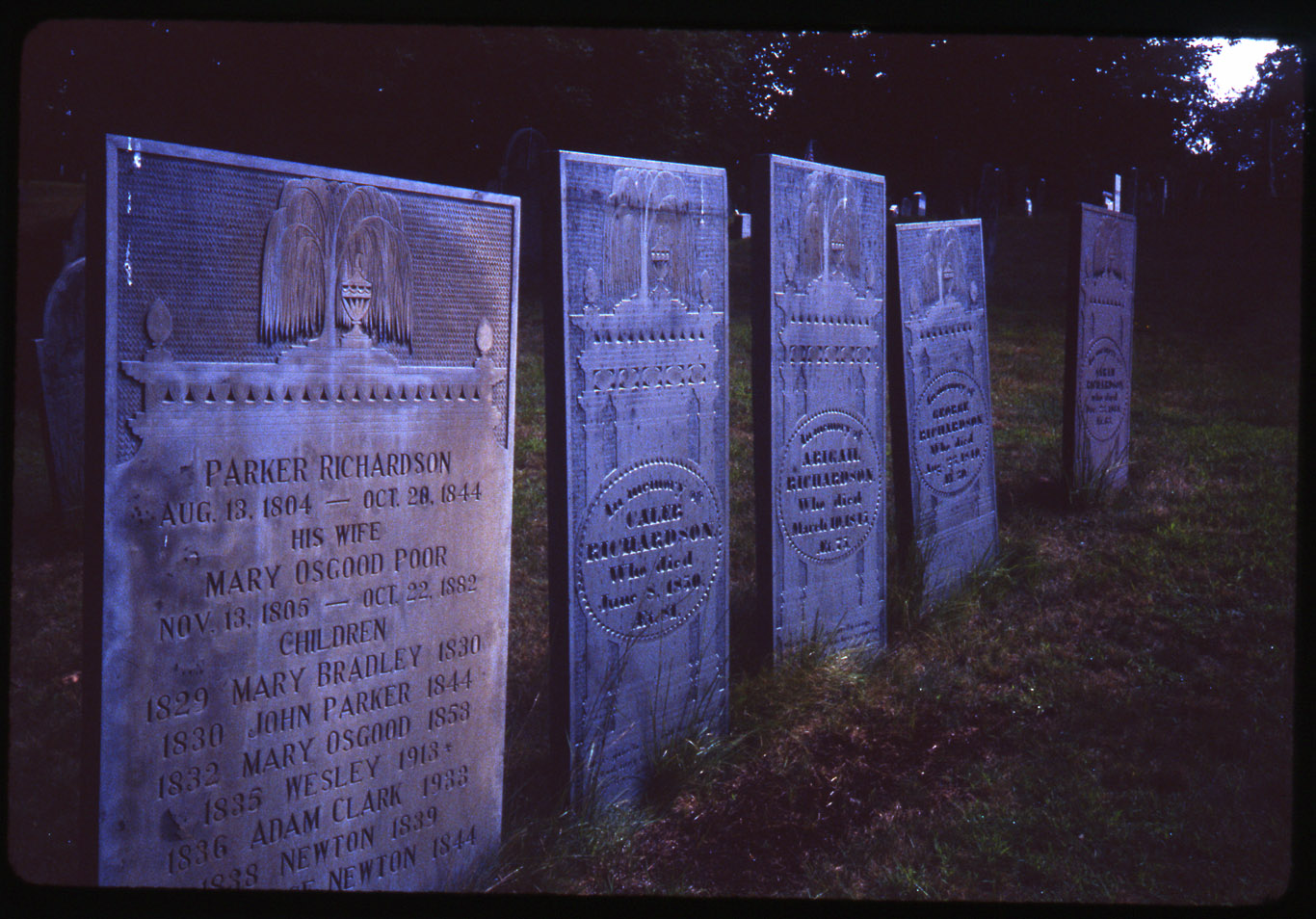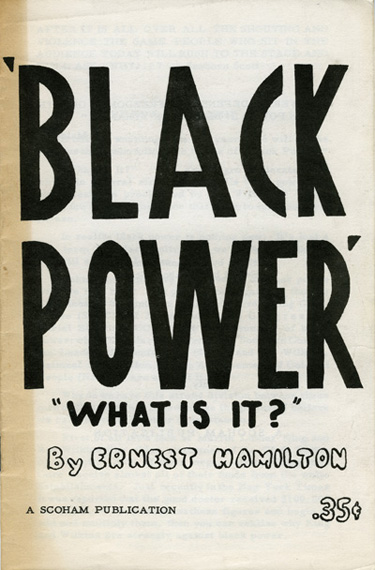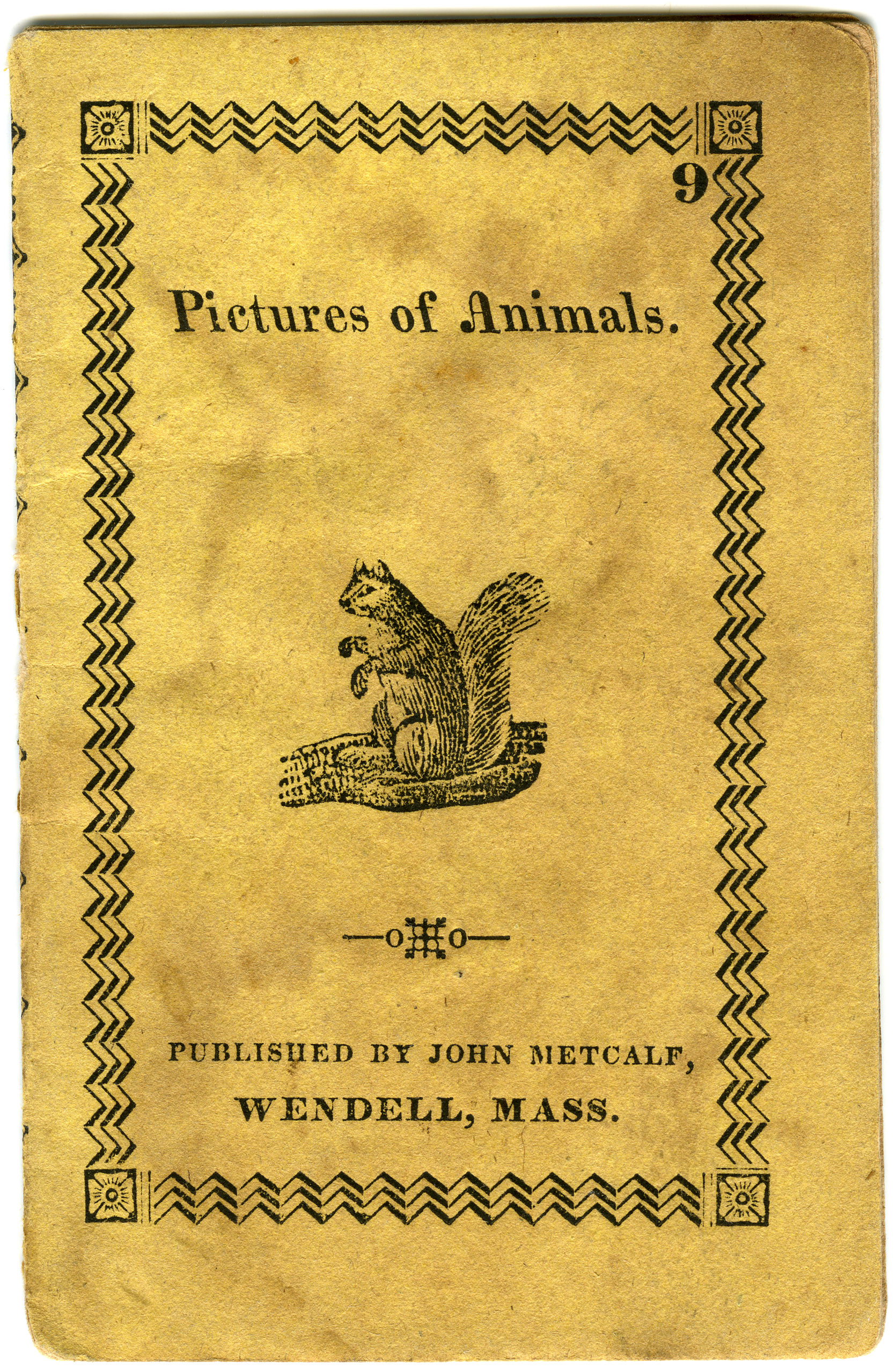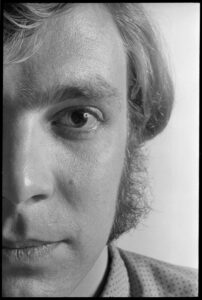Stan Rosenberg Papers
Temporarily stored offsite; contact SCUA to request materials from this collection.
Graduating from the University of Massachusetts Amherst in 1977, Stan Rosenberg began his career in politics as an aide to state Senator John Olver from 1980-1983. By 1986 he was elected to the Massachusetts House of Representatives where he served until 1991 when he was elected to the state Senate, a seat vacated by U.S. Congressmen John Olver. The Democratic Senator has served in the Senate ever since, assuming a number of leadership positions from chair of the Senate Committee on Ways and Means to President Pro Tem of the Massachusetts Senate. Representing towns in Hampshire and Franklin counties, Senator Rosenberg was a moving force behind a campaign finance reform bill that reduced the role of private money in the state’s political system.
Although the collection continues to grow, it currently consists of correspondence, publications, and subject files relating to particular initiatives led by Rosenberg.


